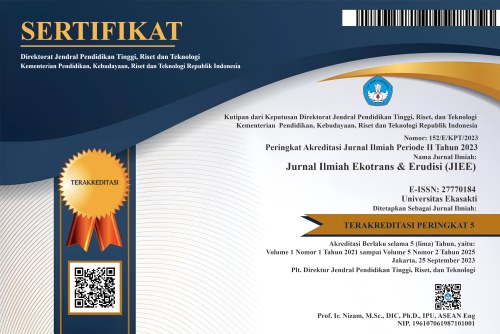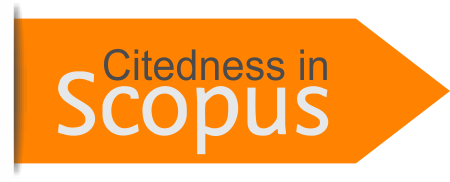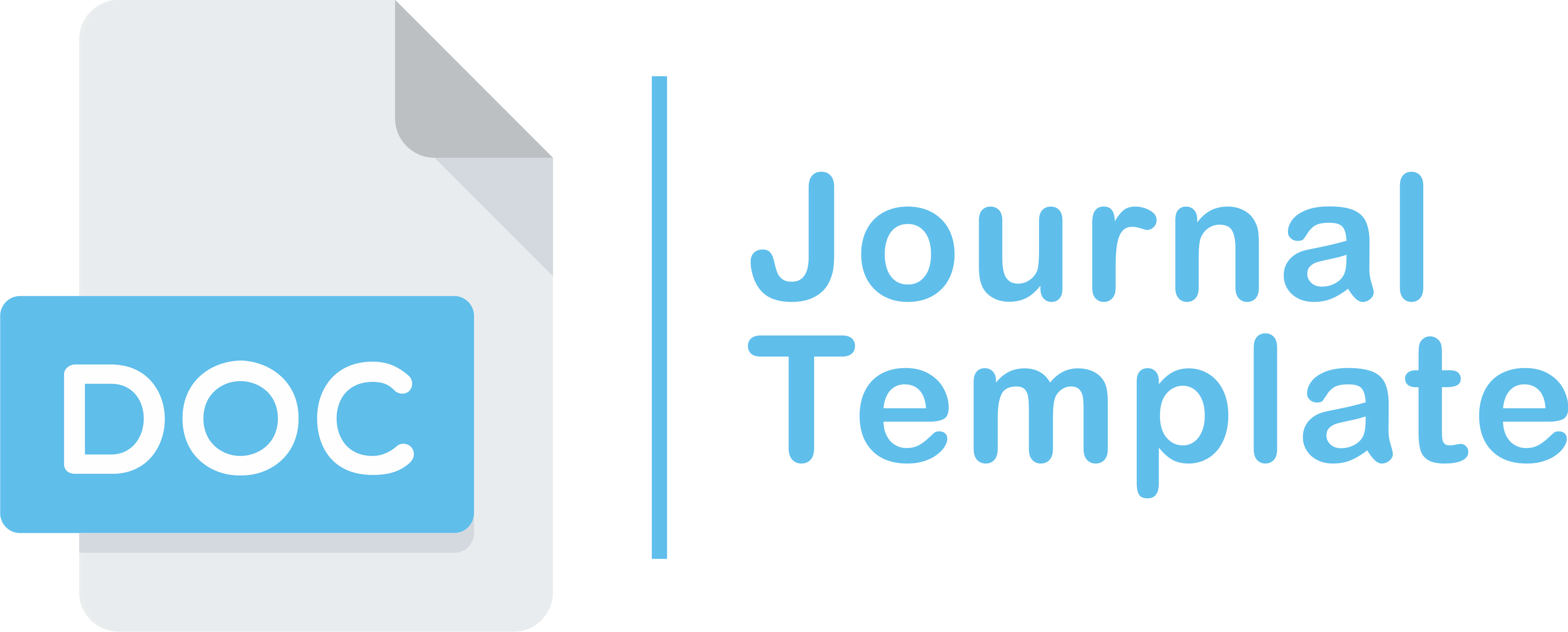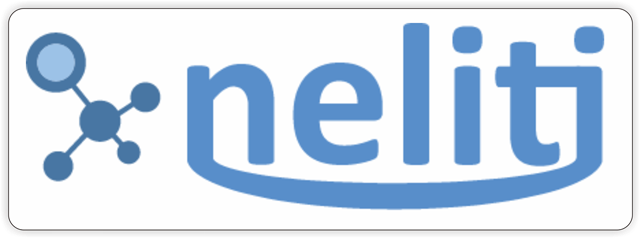Analysis of the Strength of Evidence of Witness a De-Charge Against the Judge's Decision Regarding the Release of the Defendant in a Tax Crime (Study of Decision Number 97/Pid.Sus/2023/PN Pdg)
DOI:
https://doi.org/10.69989/y93z7b80Keywords:
Witness a de charge, Tax crimes, Power of proof, Criminal justiceAbstract
This research examines the strategic significance of defense witnesses in impacting judicial rulings in cases of tax offenses, as illustrated in Decision Number 97/Pid Sus/2023/PN Pdg. A defense witness is a witness enlisted by the accused to undermine or challenge the allegations put forth by the prosecution to lessen or acquit the accused from legal liabilities. In this particular instance, the defense witness delivered pivotal testimony indicating that a third party had settled the tax in question unbeknownst to the defendant. Such testimony played a critical role in the judicial deliberations, convincing the judge to establish that the essential requirements of the charges were not fulfilled, resulting in the defendant's total clearance. This examination reveals that the testimonial influence of defense witnesses carries substantial weight in the adjudicatory process, particularly in intricate scenarios like tax offenses, where robust and credible evidence holds utmost importance. The ruling of the judge to clear the accused stemmed from the non-fulfillment of the requisites causing financial loss to the state, as stipulated in Article 191 Paragraph (2) of the Criminal Procedure Code. Hence, the findings of this research affirm the vital and strategic function of defense witnesses in shaping the ultimate resolution of a criminal lawsuit, especially within tax legislation necessitating thorough and impartial scrutiny of evidence.
Downloads
References
Atikah, I. (2022). Metode Penelitian Hukum.
Brewer, N., Vagadia, A. N., Hope, L., & Gabbert, F. (2018). Interviewing witnesses: Eliciting coarse-grain information. Law and Human Behavior, 42(5), 458.
Bublitz, J. C. (2023). When is Disbelief Epistemic Injustice? Criminal Procedure, Recovered Memories, and Deformations of the Epistemic Subject. Criminal Law and Philosophy, 1–28.
Chlevickaitė, G. (2024). Towards a Model of (Insider) Witness Assessments in International Crime Cases: An Experimental Vignette Study. International Criminal Justice Review, 34(1), 43–68.
Greco, P. (2018). Evidentiality and epistemic modality in witness testimony in the context of Italian criminal trials. Journal of Pragmatics, 128, 128–136.
Hidayah, N. (2023). Gender, Economy, and the Law: Women Entrepreneurs in Indonesian and Islamic Legal Perspectives. Samarah: Jurnal Hukum Keluarga Dan Hukum Islam, 7(2), 1171–1193.
Jonaedi Efendi, S. H. I., Johnny Ibrahim, S. H., & SE, M. M. (2018). Metode Penelitian Hukum: Normatif dan Empiris. Prenada Media.
Kansil, C. S. T., & Kansil, C. S. T. (2008). Pengantar Ilmu Hukum Dan Tata Hukum Indonesia Jilid I, Jakarta. Balai Pustaka.
Kelly, C. E., Parker, M., Meehan, N., & McClary, M. (2024). Evidence presentation in suspect interviews: A review of the literature. The Police Journal, 0032258X241243286.
Novo, M., & Seijo, D. (2010). Judicial judgement-making and legal criteria of testimonial credibility. European Journal of Psychology Applied to Legal Context, 2(2).
Sabourin, M. (2007). The assessment of credibility: An analysis of truth and deception in a multiethnic environment. Canadian Psychology/Psychologie Canadienne, 48(1), 24.
Waluyo, B. (2000). Pidana dan pemidanaan. Sinar grafika.
Downloads
Published
Issue
Section
License
Copyright (c) 2024 Arif Paria Musta, Kiki Yulinda, Naldi Gantika (Author)

This work is licensed under a Creative Commons Attribution-ShareAlike 4.0 International License.
Copyright Notice
An author who publishes in the journal "Jurnal Ilmiah Ekotrans & Erudisi" agrees to the following terms:
Author retains the copyright and grants the journal the right of first publication of the work simultaneously licensed under the Creative Commons Attribution-ShareAlike 4.0 License that allows others to share the work with an acknowledgement of the work's authorship and initial publication in this journal
Author is able to enter into separate, additional contractual arrangements for the non-exclusive distribution of the journal's published version of the work (e.g., post it to an institutional repository or publish it in a book) with the acknowledgement of its initial publication in this journal.
Author is permitted and encouraged to post his/her work online (e.g., in institutional repositories or on their website) prior to and during the submission process, as it can lead to productive exchanges, as well as earlier and greater citation of the published work (See The Effect of Open Access).
All materials in this site are protected by the law. It is prohibited to quote a part of or all of this website contents for commercial purposes without the permission or consent of the editors.
If anyone finds one article or more in this journal violate or potentially violate one’s copyrights, please report to us through e-mail of Principle Contact.
Legal-formal aspects of accessing any information and manuscript in this journal website refer to the provision of license Creative Commons Attribution-Share Alike (CC BY-SA). Read more about the Creative Commons Attribution-ShareAlike 4.0 Licence here: https://creativecommons.org/licenses/by-sa/4.0/.
All information available in 'Jurnal Ilmiah Ekotrans & Erudisi' is academic in nature. 'Jurnal Ilmiah Ekotrans & Erudisi' is not responsible for loss due to the abuse of information in the website.
Information
Notice about change in the copyright policy of the journal 'Jurnal Ilmiah Ekotrans & Erudisi' : "From Volume 1, Nomor 1 onwards the copyright of the article published in the journal 'Jurnal Ilmiah Ekotrans & Erudisi' will be retained by the author"
Privacy Statement
The names and email addresses entered in this journal site will be used exclusively for the stated purposes of this journal and will not be made available for any other purpose or to any other party.




































